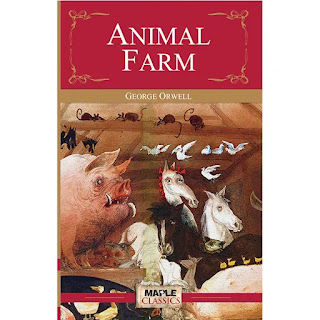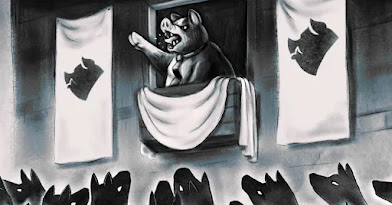A Magical reading experience
Hello readers,
As a devoted Harry Potter fan, I recently completed Harry Potter and the Philosopher’s Stone by J.K. Rowling. I was truly captivated by her imaginative storytelling and engaging writing style. Rowling's ability to blend magic with emotion makes the world of Hogwarts unforgettable and incredibly enchanting to read.
J.K.Rowling’s Harry Potter Series is not just a story but an entire world where a world as mundane as number four, Privet Drive, and as magical as Hogwarts School of Witchcraft and Wizardry. The novel begins with the famously understated line:
“Mr and Mrs. Dursley, of number four, Privet Drive, were proud to say that they were perfectly normal, thank you very much”
From this moment, Rowling plants the tension between the ordinary and the extraordinary, a theme that defines Harry’s journey.
When Harry’s life under the stairs is bleak, and the narration doesn’t shy from it:
“Harry was used to spiders, because the cupboard under the stairs was full of them, and that was where he slept.”
But even this grim world is intruded upon by magic: letters addressed to “Mr. H. Potter, The Cupboard under the Stairs” arrive in waves, defying every effort by the Dursleys to suppress them. The arrival of Hagrid breaks the barrier between worlds:- “Harry yer a wizard.”
This moment not only liberates Harry physically but reveals a hidden identity, which, as readers, we feel is richly deserved.
Rowling doesn’t give us a flawless hero. Harry is small, often unsure, and very human:
“He had a thin face, knobbly knees, black hair, and bright green eyes.”
But he also carries a scar “shaped like a bolt of lightning” a sign of survival and destiny.
As Dumbledore later says:-“He'll have that scar forever.”
And the world knows it. Even before Harry enters the wizarding world, strangers treat him with awe. But Rowling warns against empty fame:
“Famous before he can walk and talk,
Famous for something he won’t even remember”
The Worldbuilding Wonder
One of Rowling’s greatest strengths lies in her meticulous, whimsical, and immersive worldbuilding. From Gringotts Bank to the Sorting Hat, every detail is laced with charm and danger.
Even character names sparkle with suggestiveness: Severus Snape, Draco Malfoy, Minerva McGonagall, and of course, Albus Dumbledore, who tells McGonagall:
“I have never seen any reason to be frightened of saying Voldemort’s name.”
This act of naming becomes moral clarity Rowling’s world may be magical, but it is also ethical.
Though magic dazzles, it’s Harry’s friendship with Ron and Hermione that lends the story heart. In the final act, when the trio face deadly enchantments to prevent the Philosopher’s Stone from falling into the wrong hands, it is not just bravery but teamwork and selflessness that win. Dumbledore’s words resonate:-“It takes a great deal of bravery to stand up to our enemies, but just as much to stand up to our friends.”
And perhaps most crucially:
“It is our choices, Harry, that show what we truly are, far more than our abilities.”
Harry Potter and the Philosopher’s Stone is a book that grows with its reader. What begins as a fairy tale of a lonely boy discovering his power evolves into a meditation on identity, mortality, and the burden of fame. With vivid imagery, dry humor, and a richly developed moral landscape, Rowling's first book remains a classic not just of children’s literature, but of storytelling itself.
So when we close the final page, we remember those words whispered in the dark:
“To Harry Potter — the boy who lived!”
Thank You!!!
.jpg)







